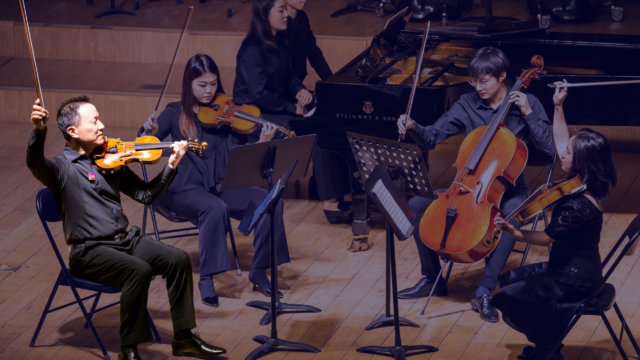Overtime Policy Developments and Resources
(Updated November 20, 2024)
On November 15, a federal district judge in Texas ruled to block implementation of the Labor Department’s overtime rule that sought to raise the minimum salary level white collar employees must be paid to remain exempt from overtime pay under the Fair Labor Standards Act. The ruling halts the higher salary level test that went into effect July 1, 2024 and also blocks the next change set for January 1, 2025, essentially returning the federal pay requirements to the 2019 level of $35,568 per year ($684 per week).
The decision also invalidates the automatic increases scheduled to take effect in the future. While the U.S. Department of Labor has not yet indicated whether it will appeal the decision, the incoming Trump Administration would be likely to withdraw any appeal. The League, in partnership with the National Council of Nonprofits, continues to monitor this issue and will post any further updates to this webpage.
A reminder: As your orchestra ensures compliance with the federal Fair Labor Standards Act, it is also important to understand your state’s overtime rules, as whichever threshold is most generous to workers is what must be implemented by employers. Some states have salary level requirements that exceed U.S. DoL thresholds.
Background: The U.S. Department of Labor (DoL) released changes to overtime compensation requirements, described in the final rules, on April 23, 2024. As an active member of the National Council of Nonprofits and Independent Sector, the League has been partnering with the wider nonprofit sector to bring visibility to the new rules as initially proposed, request a phased in approach to new requirements, and share information about the final policies.
The new federal rules adjusted the salary level test for overtime compensation, with three phases of implementation beginning on July 1, 2024, increasing thresholds again on January 1, 2025, and raising them again on July 1, 2025 and every three years thereafter.
On June 28, 2024, a federal judge in Texas temporarily blocked implementation of the new overtime compensation requirements, but only for employees of the state of Texas. The final court decision that completely reversed the new rule took issue with basing eligibility for overtime on wages rather than duties workers perform. The League will keep orchestras informed of any further court action.
The following resource pages will soon be updated to reflect recent court actions:
- National Council of Nonprofits Analysis
- Independent Sector Overtime Resources
- DoL FAQs
- DoL General Overtime Resources
Questions?
Please contact Heather Noonan, League Vice President for Advocacy, with related questions.
Related
-
Learn | Travel with Instruments
Know Your Bow: New Rules and Essential Steps for Pernambuco Sustainability
-
News | Advocacy
NEA, Bow Owners, Visas, and Charitable Giving
Become a member
Thank you for your interest in the League of American Orchestras! We are dedicated to advancing the orchestral experience for all.
Join Now
